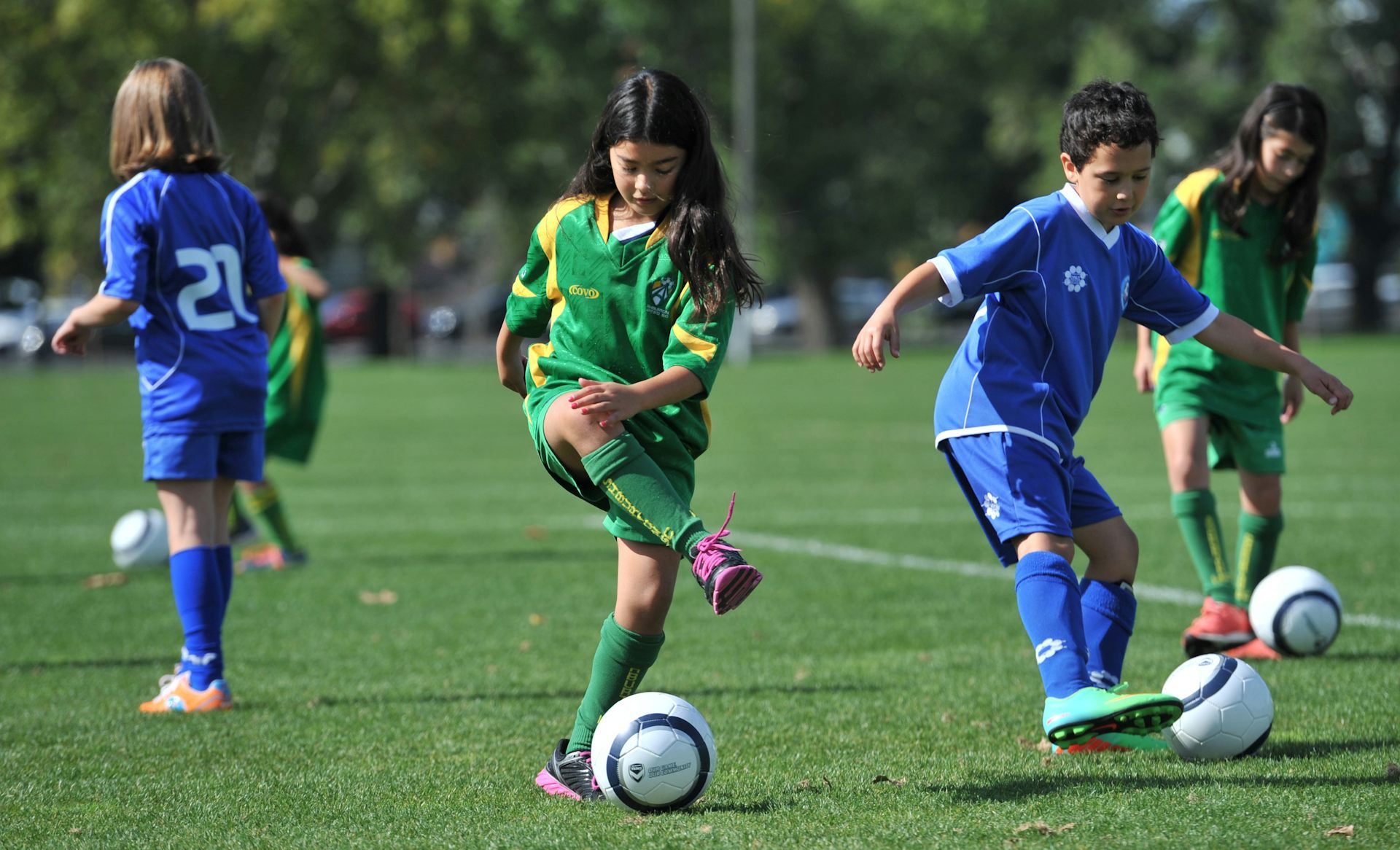Since the pandemic started, many sporting events worldwide have been canceled or tweaked to ensure the participants’ safety as they compete under the present health crisis.
Before the pandemic, many kids participated in different sports and physical activities in and out of school. Plenty of them have their gear for each sport they’re involved in. Parents were willing to invest in a pair of gloves, a helmet, some shin guards, appropriate shoes, and a mouth guard for sports activities their child is into. Countless kids were already hyped up and prepped for spring training and summer sports camps, but when COVID-19 swept the world just before springtime in 2020, all of these went out the window.

While sports like the NBA and UFC have been somewhat successful in their pandemic runs, not all sporting events are as lucky. The sudden halt in sporting activities affects more than just professional athletes; millions of kids worldwide are also affected, which has left concerned parents with many questions regarding their children’s welfare.
Which kids’ age groups are the most affected by the cancelations of sports?
The sudden cancelations of almost all sporting events have left behind millions of affected people in its wake. This has greatly affected different age groups in different ways.
Older kids who are going through hormonal changes have turned to sports to help them deal with the pressures and stresses of puberty and adolescence. Sports are also one of their ways to socialize and grow their network of friends. It is an athletic kid’s way of getting a shot at college through athletic scholarship offers.
On the other hand, younger kids were also negatively impacted by the lack of physical activity. Not only do sporeducesucep their socializing skills with others, but they also help develop their psychomotor skills.
How do parents typically respond in light of the situation?
Most parents have responded with disappointment, frustration, and concern. Their children’s sports involvement—or lack of it now—has also affected them. Instead of focusing on work and other things that usually keep them busy, they now need to ensure their children get enough exercise at home proactively. Parents are still encouraging and helping their kids to work out at home.
The sight of parents playing catch with their kids in the backyard or jogging with them in the park is a lot more commonplace nowadays. In a way, parents might have to add this to their already full plates, but they appreciate the extra time they get to spend with their children.
What is the best thing parents and kids should do if a child is struggling now?
Parents should remember to take their children’s feelings seriously when discussing the pandemic. Just because they’re children and their concerns seem trivial compared to their parents’ concerns doesn’t mean they’re not struggling.
They should be supportive and encouraging of their children’s concerns and help them address and overcome the challenges together. They shouldn’t downplay their children’s struggles but instead use this time to work together. Be optimistic as well. Even if we’re not returning to the old normal, assure your children they can look forward to a better head.
How helpful are sports for children at this time?
Sports play a crucial role in a child’s life at this time, especially if they have cabin fever and are already tired of their digital devices. According to a study by the University of Wisconsin School of Medicine and Public Health, sports activities offer physical and mental health benefits during the pandemic.
Physical Health
Sports’ different physical benefits on a person’s health are quite obvious. Sports give people enough exercise to help boost their immune systems. This, in turn, helps strengthen their bodies to keep sicknesses and diseases at bay. Even a short workout, such as a walk around the block twice a day, can already do wonderful things for one’s health.
While close-contact sports may not be advisable, until team sports are allowed, perhaps playing catch, running on a track, or taking some laps in the pool will do so.
Mental Wellness
Because of the anxiety and stress caused by the coronavirus, even kids aren’t spared from suffering certain mental health issues. Going out to play some hoops in the driveway or playing with a soccer ball in the backyard can help take a child’s mind off the harsh realities of COVID. Being outdoors, bathing in the sun, and getting fresh air are also great for well-being.
It has also been found by the same study mentioned above that those who have not played any sports have suffered worse anxiety and depression symptoms.
Overall Quality of Life
Overall, COVID has adversely affected a child’s quality of life because of the lack of sports and physical activities. Any chance a child gets to play outdoors, exercise, and even somehow have others to play with while keeping their distance can help alleviate their health and well-being-.
The researchers found that kids who participated in at least one sport over the pandemic enjoyed a better quality of life than those who didn’t.
Continuing physical sports among kids during the pandemic will be tricky and vital in keeping a child physically and mentally healthy. It will require a consolidated effort and lots of brainstorming to work. The pandemic should not hinder a child’s proper growth and development. The right people will certainly come up with ways to make it happen. In the meantime, parents need to be more patient and resourceful in ensuring their children stay healthy throughout this crisis.





